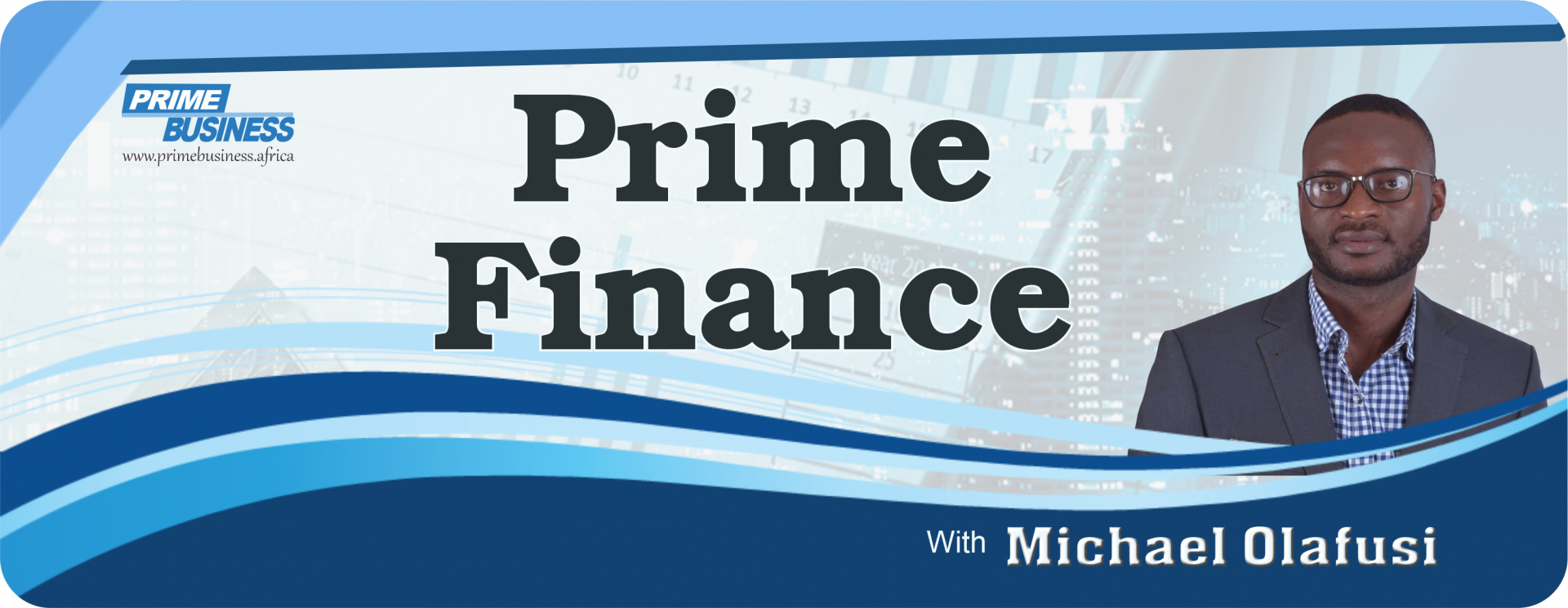Everyone is a CEO of at least one company: You Limited. It can be very hard to see this when you are slaving away for another company and have no employees reporting to you in this one man company.
Nonetheless, it is a company that exists and needs to be well managed just as much as the other companies with numerous staff and financial resources.
Every adult needs to have an investment strategy which eventually leads to an investment portfolio. An investment strategy is a personalised long-term focused way of investing one’s financial resources (salaries and passive incomes for most people), while an investment portfolio is the result of following the investment strategy. These two form the core of financial management of all “You Limiteds”; they are the bedrock of all personal finance prudence.
Join our WhatsApp Channel
How do you craft a good investment strategy?
The answer lies in identifying the parameters to be considered:
Risk profile: How much risk can you comfortably handle? Some people can sleep easy with half of their investments in the stock market while some will become hypertensive in the same situation. Others cannot bear to see their investment go below their initial investment amount while some other people know it’s a common investment occurrence. Knowing your investment risk profile is the most important step to setting up an investment strategy. A high risk profile person will be able to consider more types of investments while a low risk profile person will want to have most of his money in guaranteed fixed income investments.
Age: Regardless of your risk profile, the number of years you have left before needing to make heavy withdrawals from your investment accounts is another important factor. A 22 year old at the start of his earning career can afford to invest in assets that will take up to 10 years to give a guaranteed positive return (as an example, stock market is normally taken as a guaranteed positive return investment when considered over a 10 year period) while a 45 year old with four teenagers about to enter university will need to have more of his investments in assets that preserve value in the near term as he soon starts drawing down on them to pay for school fees and tackling frequent emergencies. And a retiring person wouldn’t want to put all his newly received gratuity in cryptocurrency.
Needs/Wealth ratio: This is the part most people ignore in their investment decisions. Needs are things you have identified as must buy for your personal/family use, regardless of the time the purchase will be made – now or in the future. Buying a house is a need if you are absolutely bent on buying one for your personal use and not to rent it out; it doesn’t matter if you buy it now or save up to buy it in 10 years time.
Wealth is what you have left after deducting your needs. If you earn NGN2,000,000 a month and spend all the money on food, parties, travelling and clothes, you have just as much wealth as the man earning NGN50,000 a month and spends it all on food, housing and transportation. When it comes to needs – house purchase, car purchase, gadgets, personal care, family care, etc. – you have little freedom of choice where you put the money earmarked for them. No matter your investment risk, you should not put your house rent in the stock market nor put your child’s school fees in real estate. However, outside of your needs, all the unencumbered money left are what you genuinely have for proper long-term investment and they are the ones you apply your personal risk profile to.
Accessible investments: The last piece is identifying the different types of investments that are accessible to you. Based on your countries of citizenship and residence, you might be unable to access some investment options. There are many investment opportunities that are geo-restricted, usually due to regulatory mandates, and sometimes due to risk mitigation measures.
READ ALSO: Reasons You Shouldn’t Run Your Business On Cash
Unfortunately for many who have both a single citizenship of Nigeria and residence as Nigeria, risk mitigation policies on many global investment platforms lock us out. The conventional investment options available to Nigerians resident in Nigeria are: FGN bonds, corporate bonds, state government bonds, real estate, Nigeria stock market, Eurobonds, US equities, US bonds, US real estate, global commodities futures, global precious metals futures, cryptocurrencies, savings platforms (banks, digital banks, fintech platforms) and crowdfunding platforms (especially, agritech platforms that crowdfunds).
Once you have identified your risk profile, factored in your age, estimated your needs/wealth ratio and listed all the accessible investment options you are interested in, then most of the work is done. What is left is to do a portfolio allocation plan of your investment funds. In the next part of this series, I will do a practical explanation of how to assess all these parameters, how to craft out a sustainable effective investment portfolio plan (which is the final piece of the investment strategy) and how to rebalance your investment portfolio as it gets occasionally derailed by reality.
If you have any suggestions or comments you will like to pass along to me, then feel free to email me at michael@olafusimichael.com















Follow Us